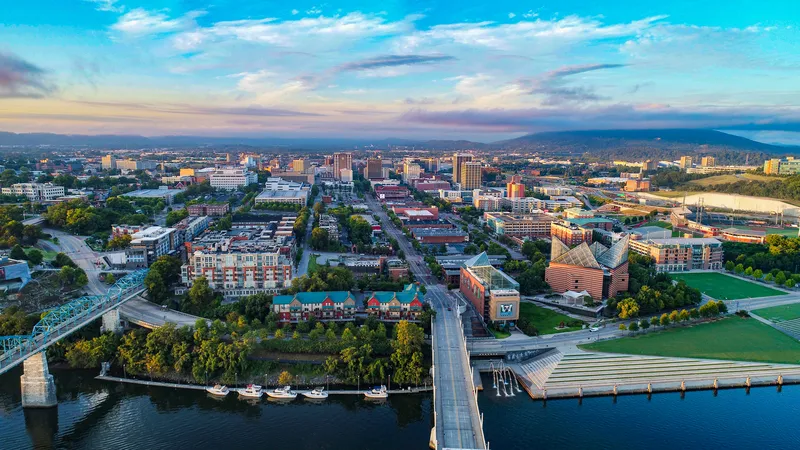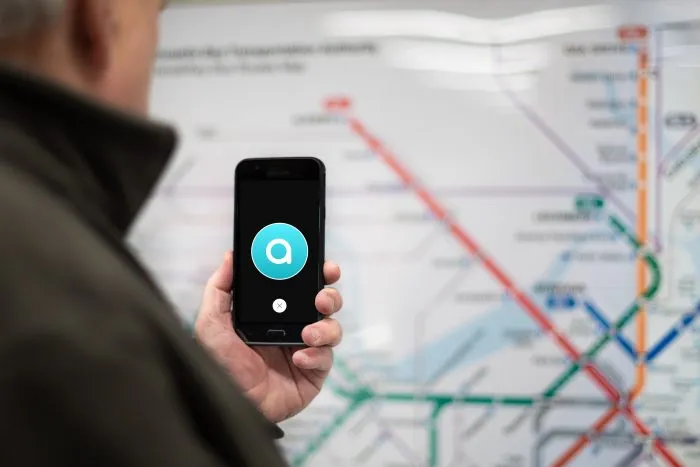
The City of Chattanooga in Tennessee is to build the largest smart intersection network in the US, with more than 100 intersections covering the entire downtown area.
The US Department of Transportation will fund the $4.5 million programme to install a 'living laboratory' that will be installed throughout 2023 and 2024.
Seoul Robotics will expand its partnership with the Chattanooga Department of Innovation Delivery and Performance, and the Center of Urban Informatics and Progress (CUIP) at the city's University of Tennessee at Chattanooga to deliver 86 new smart city intersections – the largest urban Internet of Things deployment of its kind in the US, the company says.
They have already partnered on the MLK Smart Corridor testbed. First deployed in 2019, it uses Lidar sensors equipped with Seoul Robotics’ 3D perception software SENSR to anonymously detect, track and predict the movement of pedestrians and vehicles.
“Our work in Chattanooga will deliver more than insights into the city. We’re generating a real world, data-informed testing environment for emissions management, pedestrian safety, electric vehicles and more,” said William Muller, vice president of business development at Seoul Robotics.
“With this scalable network of smart intersections, we’re able to capture the most granular level of 3D data that can be used to transform cities today, and in the future.”
Chattanooga intends to use 3D data from the new intersections to prepare for the transition to electric vehicles, mapping the ideal locations to install EV charging stations, as well as using the system's real-time traffic insights to optimise routes in a bid to alleviate congestion and reduce vehicle emissions.
“Our partnership with Seoul Robotics on the MLK Smart Corridor delivered an entirely new dimension of insights beyond what we anticipated," said Dr. Mina Sartipi, CUIP founding director.
"The level of accuracy and actionability has enabled numerous advancements in how we can make our city safer, more efficient, and healthier for the people who live here."









